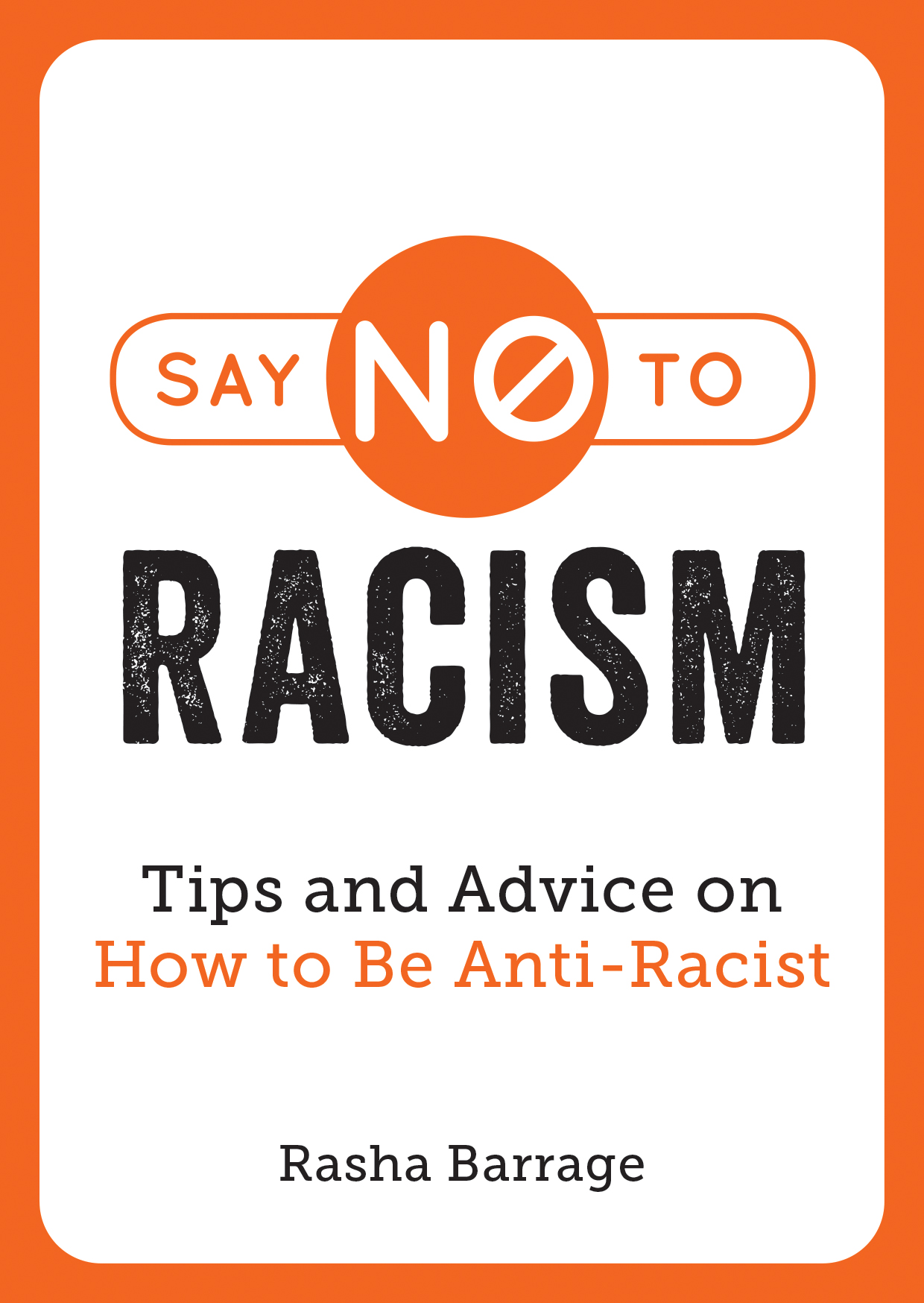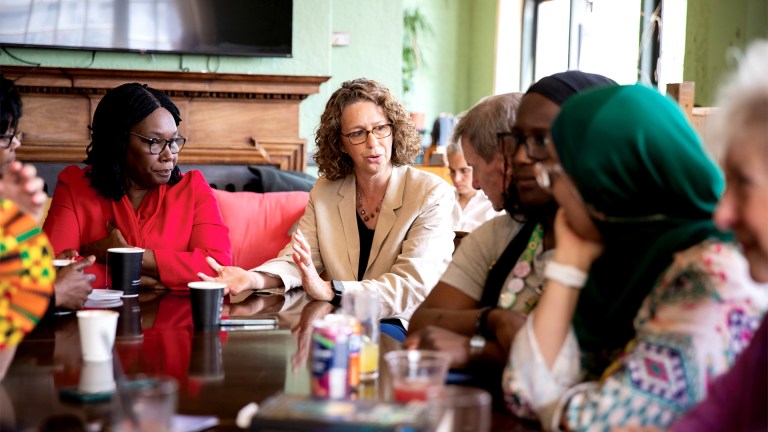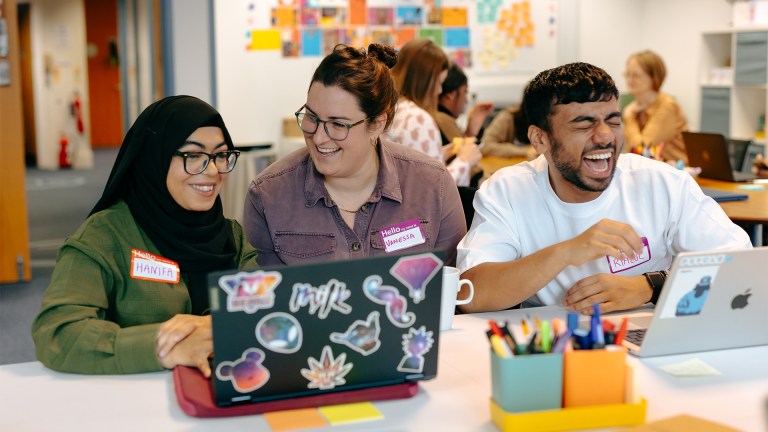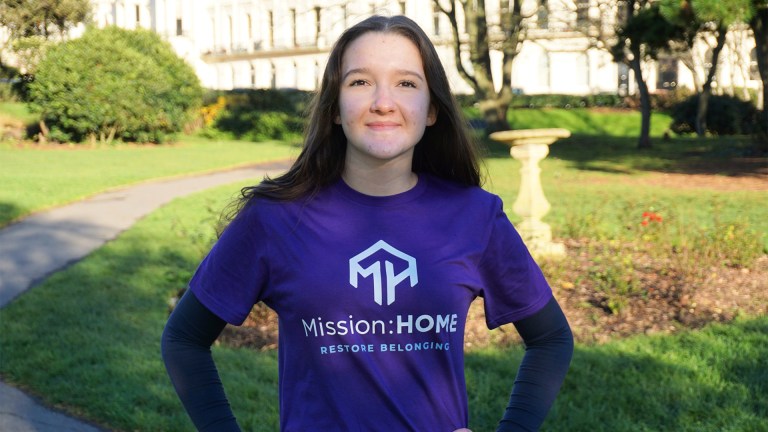Saying no to racism – what’s the point? If many thousands have marched, protested, petitioned, and boycotted to little or no avail, why not just keep your head down and get on with your life?
The problem with this approach is that it means racism is tolerable and you are powerless. Neither of these statements is true. It is precisely because racism is so pervasive and apparently indestructible that silence can no longer be an option – for any of us. Racism touches every aspect of life and society and that is why nothing less than constant challenge will do.
While racism may not be eradicated in our lifetime, its impact and legacy can most certainly be weakened by every action we take to defy it. Here are 10 ways to say no to racism.
Assess your innocence
It’s easy to think that racism is not your problem because you’re “not a racist”. Your reading of this article suggests that you believe in equality and you would never say racist profanities, but this does not necessarily mean that you are free from racial bias and stereotyping.
Put simply, racism is treating someone differently based on their race and this can include any unconscious bias you have towards people of certain races, which can manifest itself in your everyday actions and decisions. For instance, have you ever questioned the diversity in your workplace or friendship circle? Are all your favourite books and films created by people from one racial group?
Acknowledge colour
It is important to acknowledge peoples’ racial differences. Adopting a colour blind approach (by claiming that you “don’t see colour”) is unhelpful as it suggests a lack of awareness regarding the historic impact of racism towards different racial groups and the specific concerns they might have.

 If you encounter racist jokes or racial stereotyping, let people know that you disagree and explain your reasons – but do so calmly. You can simply question the basis for the statement or present an alternative viewpoint, to create a discussion rather than a confrontation.
If you encounter racist jokes or racial stereotyping, let people know that you disagree and explain your reasons – but do so calmly. You can simply question the basis for the statement or present an alternative viewpoint, to create a discussion rather than a confrontation.







